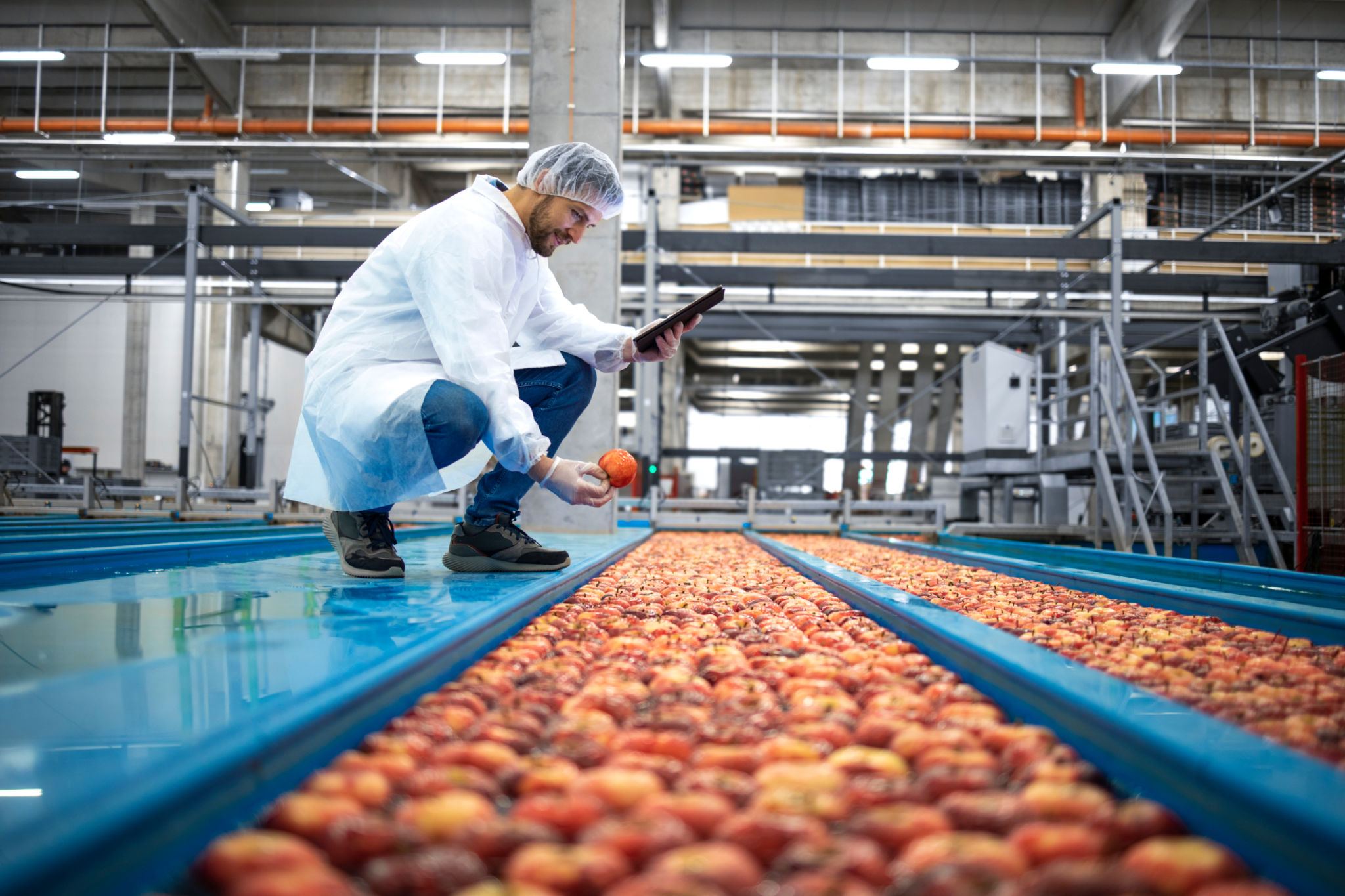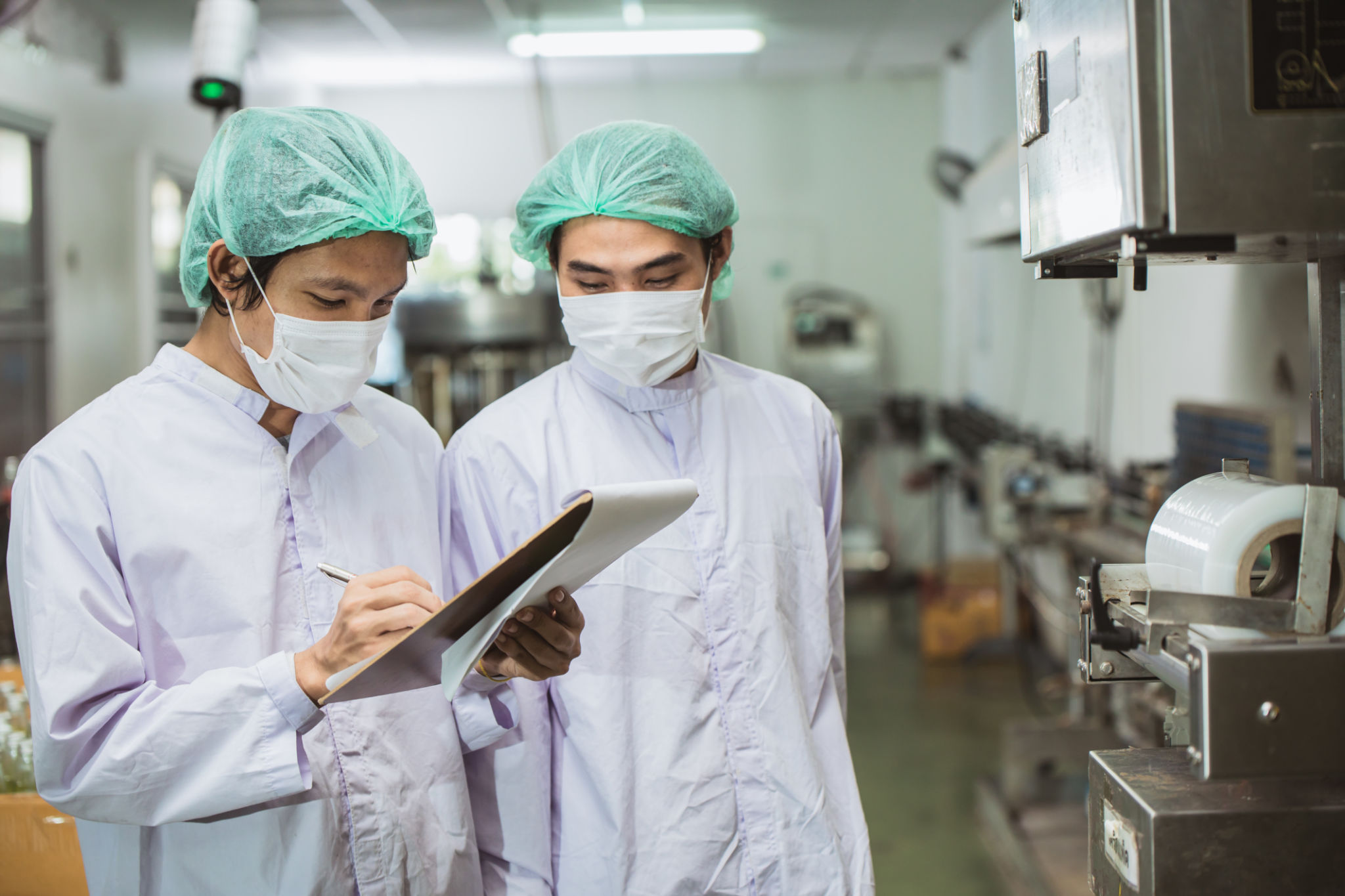Latest Developments in Quality Control Systems for Foods: What Food Businesses Need to Know
Introduction to Quality Control in Food Production
In the ever-evolving food industry, maintaining high standards of quality control is crucial for consumer safety and business success. Recent advancements in technology and methodology have significantly impacted how food businesses approach quality control systems. Understanding these developments is vital for any food-related business aiming to stay competitive and compliant with regulations.

Technological Innovations
Automation and Robotics
The use of automation and robotics in quality control systems has become a game-changer. These technologies enhance accuracy and efficiency, reducing the likelihood of human error. Automated systems are now capable of handling tasks such as sorting, grading, and inspecting food products, ensuring consistent quality with minimal oversight.
Blockchain Technology
Blockchain technology is increasingly being adopted for traceability and transparency in the food supply chain. By providing a decentralized and immutable ledger, blockchain ensures that all transactions and data entries are secure and verifiable. This technology allows businesses to track the journey of their products from farm to table, boosting consumer confidence and trust.

Regulatory Compliance and Standards
Global Standards Alignment
Aligning with global standards such as ISO 22000 and the Global Food Safety Initiative (GFSI) benchmarks is essential for food businesses operating internationally. These standards provide frameworks for managing food safety risks and ensure that businesses consistently produce safe food products. Keeping up with these standards helps companies avoid legal pitfalls and enhances their marketability.
Continuous Monitoring and Reporting
Modern quality control systems emphasize continuous monitoring and real-time reporting. This approach allows businesses to identify potential issues before they escalate into major problems. Implementing real-time monitoring tools can lead to significant savings in time and resources while maintaining high safety standards.

Sustainability and Quality Control
Sustainability is becoming a key consideration in the development of quality control systems. Businesses are now focusing on reducing waste, using eco-friendly materials, and implementing energy-efficient processes. These efforts not only contribute to environmental conservation but also resonate well with environmentally conscious consumers.
The Role of Data Analytics
Data analytics plays a pivotal role in modern quality control systems. By analyzing large datasets, businesses can identify trends, predict potential risks, and optimize their processes. This data-driven approach enhances decision-making capabilities, allowing companies to maintain high quality while minimizing costs.
Conclusion
Staying updated with the latest developments in quality control systems is crucial for any food business aiming to thrive in today's competitive market. Embracing technological innovations, complying with global standards, and integrating sustainability practices are all vital components of a robust quality control strategy. By doing so, food businesses can ensure product safety, increase consumer trust, and achieve long-term success.
